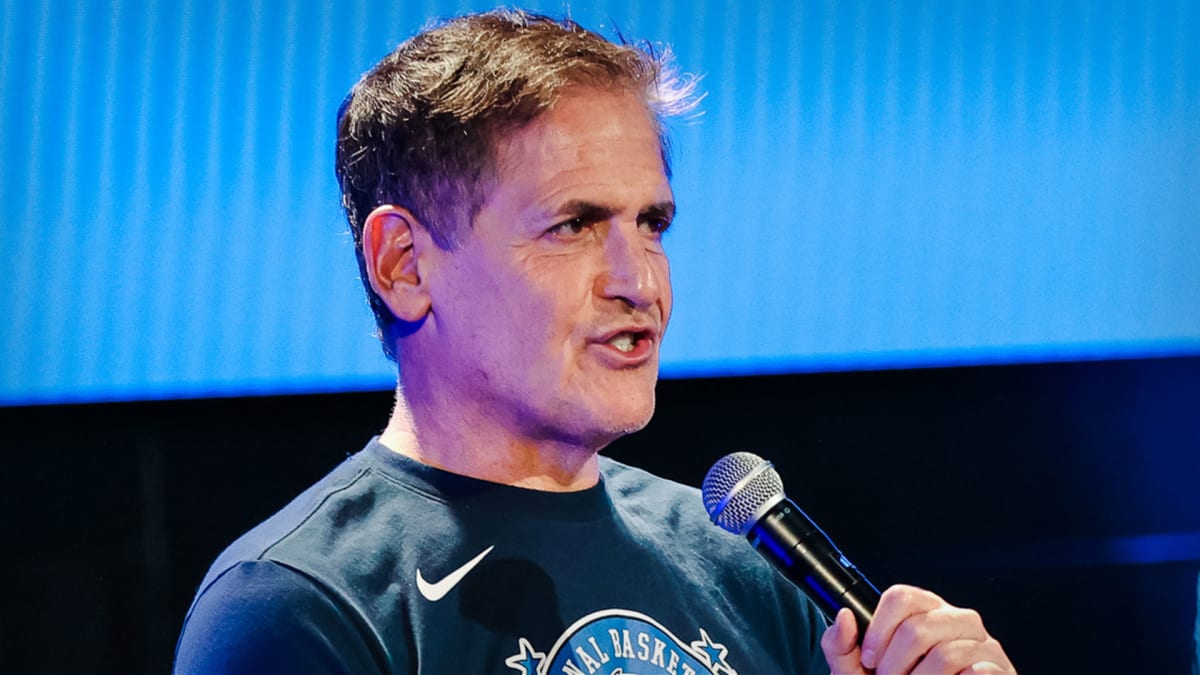
Billionaire Mark Cuban made his feelings clear about the next step that needs to be taken after the Silicon Valley Bank collapse.
Fears about the future for small business and startup clients at SVB prompted the Treasury Department, the Federal Reserve and the Federal Deposit Insurance Corporation (FDIC) to issue a joint statement to reassure global markets.
DON'T MISS: Mark Cuban Reveals His Most Valuable Asset
Cuban disclosed over the weekend that he had "$8 to $10 million" in exposure to the collapse. However the emergency measures taken by federal regulators over the weekend to guarantee all deposits, appeared to eliminate his risk.
Accounts with less than $250,000 are insured by the Federal Deposit Insurance Corporation.
Going forward, "I'm not saying free unlimited FDIC coverage. Never," Cuban tweeted on March 13. "But creating accounts that are fully insured, with the associated necessary premiums, or some equivalent, is a necessity."
Simon Johnson, former chief economist of the International Monetary Fund and MIT professor, shared similar thoughts in an opinion piece in the Los Angeles Times.
"Preventing bank runs is the immediate fire to put out, but the underlying problem that weakened Silicon Valley Bank -- and may also leave other banks susceptible -- has yet to be addressed," Johnson wrote March 13.
The joint statement from regulators said that any losses to the Deposit Insurance Fund to support uninsured depositors will be recovered by a special assessment on banks.
It also said that no losses associated with the resolution of SVB will be borne by the taxpayer.
"To be fully effective, this extension of deposit insurance has to be permanent, and all such insurance should be paid for through appropriate contributions from banks," Johnson said.
Johnson wrote that, going forward, federal authorities and the taxpayer will be responsible for more downside risk associated with poor risk-management at banks.
"Consequently, regulation and supervision will need to be strengthened in an appropriate manner. Many people said this after 2008, but not enough was done," Johnson wrote.
"A well-regulated system is still the right goal," he continued. "This time around, the Federal Reserve needs to overhaul and improve its bank supervision -- and to make that consistent with its macroeconomic policy for interest rates."
Total bank deposits in the U.S. are around $18 trillion, of which about $10 trillion are FDIC insured, Johnson wrote.







